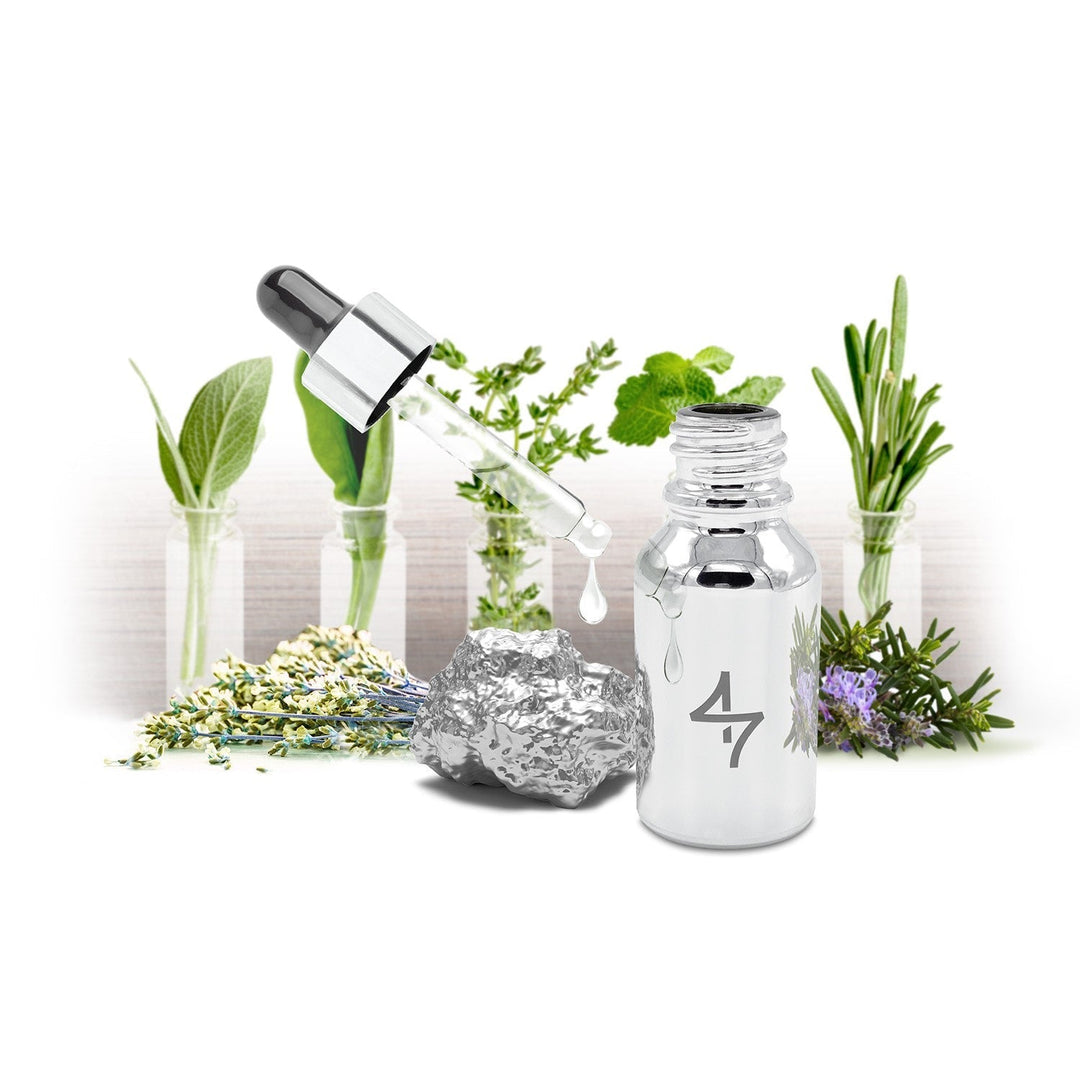How Essential Are Essential Oils?
Essential oils can be an important part of our daily health regimen to help us feel better, every day. As their name suggests, they can be essential to our wellbeing. Coming directly from Mother Earth’s abundant medicine chest, they are naturally good for us too. Unlike perfumes and fragrances using up to 250 synthetic additives, pure plant pressed essences are made without chemicals, which can have adverse effects.
Take lavender, for example. Records show lavender has been used for over 2,500 years. The first written record of the healing uses of lavender appears to be that of the Greek military physician Dioscorides in 77 AD who collected medicinal plants from around the Mediterranean Sea.

The ancient Egyptians used lavender for mummification. Romans used lavender oils for cooking, bathing and scenting the air. The name is derived from the Latin verb lavare, meaning “to wash.” The Romans also used lavender oil in soaps and carried it with them throughout the Roman Empire to ward off any number of opportunistic ills.
Before the discovery of antiseptics, lavender oil was used as a cleansing agent to banish bacteria and is still the go-to solution for keeping pests, from scorpions to mice and lice, at bay. It’s feel-good aroma is a soothing scent for calming the senses, ensuring a restorative sleep.
Scientific studies have found lavender oil effective for pain reduction in chronic conditions like osteoarthritic knees to kidney stones, even successfully testing it to help improve the quality of life for dementia patients. You only need to drizzle a drop or two on a pillow, handkerchief or favorite fabric and this gentle elixir eases you into a stress-free state that’s at once euphoric and essential.
How Essential Oils are Created and How Do They Work?
Essential oils are typically extracted from various parts of plants and then distilled or cold pressed into liquified form so the essence can be used in aromatherapy treatments. Undiluted, highly concentrated oils are typically inhaled directly and can also be diffused into their air. When diluted or used with a carrier oil, they can be applied to the skin through massage, lotions or bath salts.
Aromatherapy works by stimulating the smell receptors in the nose, which then send messages through the nervous system to the limbic system — the part of the brain that controls emotions.
Because of their inherent healing benefits, it is no surprise that many essential oils are used to manage stress and anxiety, induce calm and comfort, and enhance our well-being. If you’ve ever had the luxury of breathing in lavender scented air – diffusers are a great way to keep the fragrant smell fresh. You may remember experiencing a sense of peace as you breathe it in.
Scientists found that citrusy, Sweet Orange oil had an anxiety-reducing effect on male volunteers who inhaled as few as two to three drops. Also, pink grapefruit oil has been known to help people control cravings and avoid weight gain while dieting.
Eucalyptus Essential Oil is a rock star and has tons of benefits! They include: antibacterial properties for wound care; improved mental clarity and respiratory conditions, alleviating pain from headaches and infections, and relief from congestion, cold and flu symptoms.
Anyone who suffers from headaches and migraines would be well-served to turn to Peppermint Oil, Lavender Oil, Eucalyptus Oil, Rosemary Oil, and Ylang Ylang Oil.
If you are looking for a fast-acting disinfectant, Tea Tree Essential Oil is a great option. Its antibacterial, antifungal and antiviral properties allow it to fight skin infections and conditions and kill off pests like head lice. In addition, it’s also a natural hand sanitizer.
Other essential oil compounds that can inhibit bacteria and air-born microbes, and aid in boosting or helping to protect immunity include: Sweet Orange, Rosemary, and even Peppermint when diffused into the environment.
Essential oils can help with inflammatory conditions too. Rosemary and Lemongrass, when diluted and applied topically to the skin, can assist in alleviating inflammation and pain.
For those moody Mondays and down days, essential oils are a great pick-me-up to elevate your mood and lift your spirits. They include: Peppermint Oil, Lemon or Lemongrass Oil, and Rosemary Oil.
Lemon Essential Oil is benefit-rich and can help with a wide variety of ailments. It is known for its calming properties, and is an antifungal and astringent. It is also used to treat coughs, fatigue, infections, nausea, oral health, and respiratory issues.
You probably already know that Peppermint is invigorating and freshens breath. You may not know that it is good for restoring energy, relaxing muscles, and increasing clarity. It also helps with blood circulation and IBS.
Rosemary is used to combat hair loss, improve memory, liver and gallbladder function, and lowers stress. Overall, it’s great for the immune system.
Introducing Our TRU47 Organic, Silver Infused Essential Oil Line
TRU47 has created an amazing line of Pure, Organic Silver Infused Essential Oils in three collections:
NatureScapes Silver Infused Organic Essential Oil Collection: 5 Unique Aromatic Escapes Await
Remedies Silver Infused Organic Essential Oil Collection: Available in 6 Signature Therapeutic Blends
Pure Notes Silver Infused Organic Essential Oil Collection: 8 Popular Single-Note Pure Essential Oils
There’s much more to learn on our website where you can find Essential Oil FAQs and a glossary of detailed information and find out which essential oils are used for different purposes. All TRU47 Essential Oils are created with silver to enhance their powerful healing benefits.
And TRU to our mission, our essential oils are not only important for your well-being, they are just what Mother Earth ordered!






